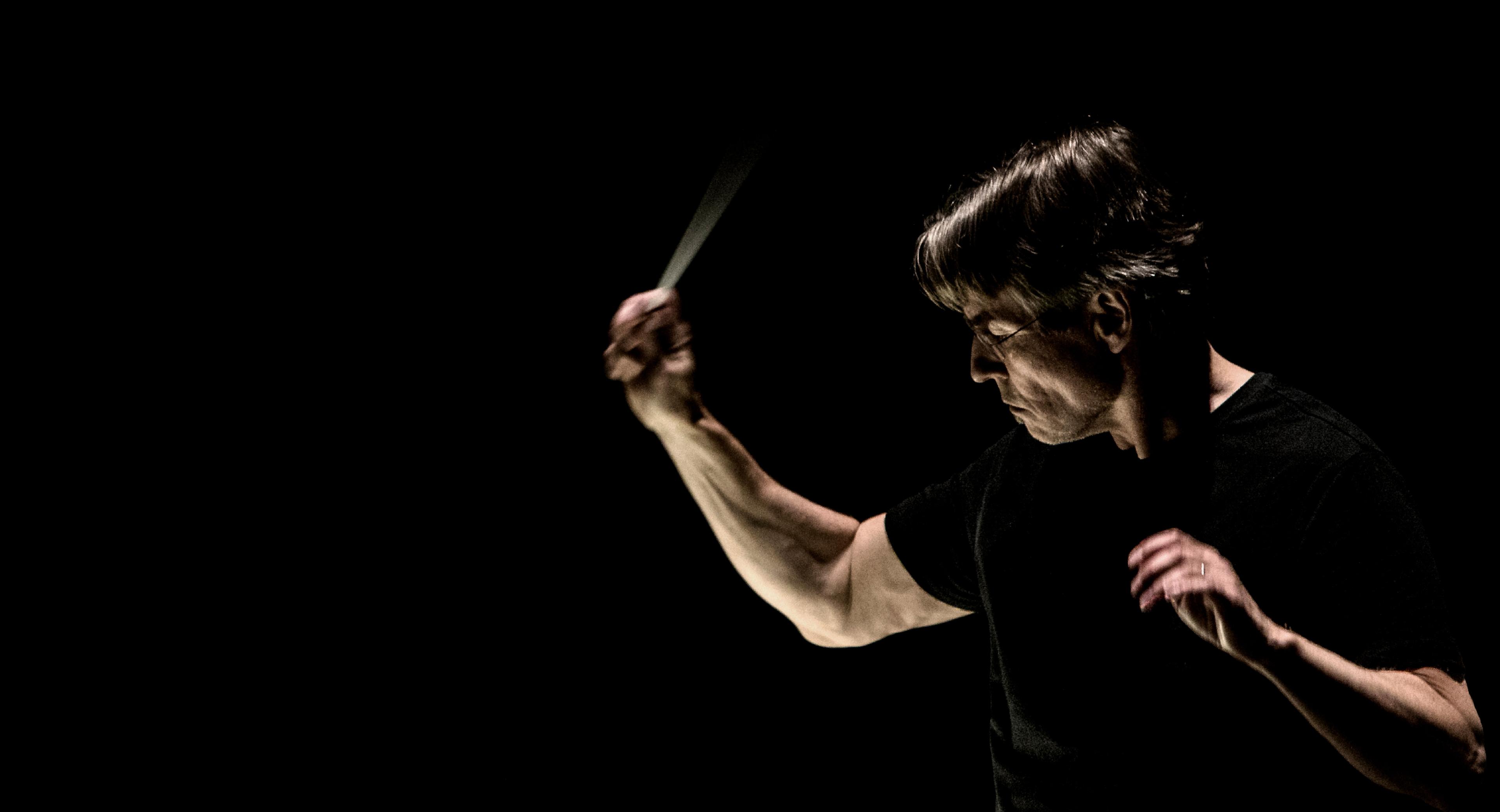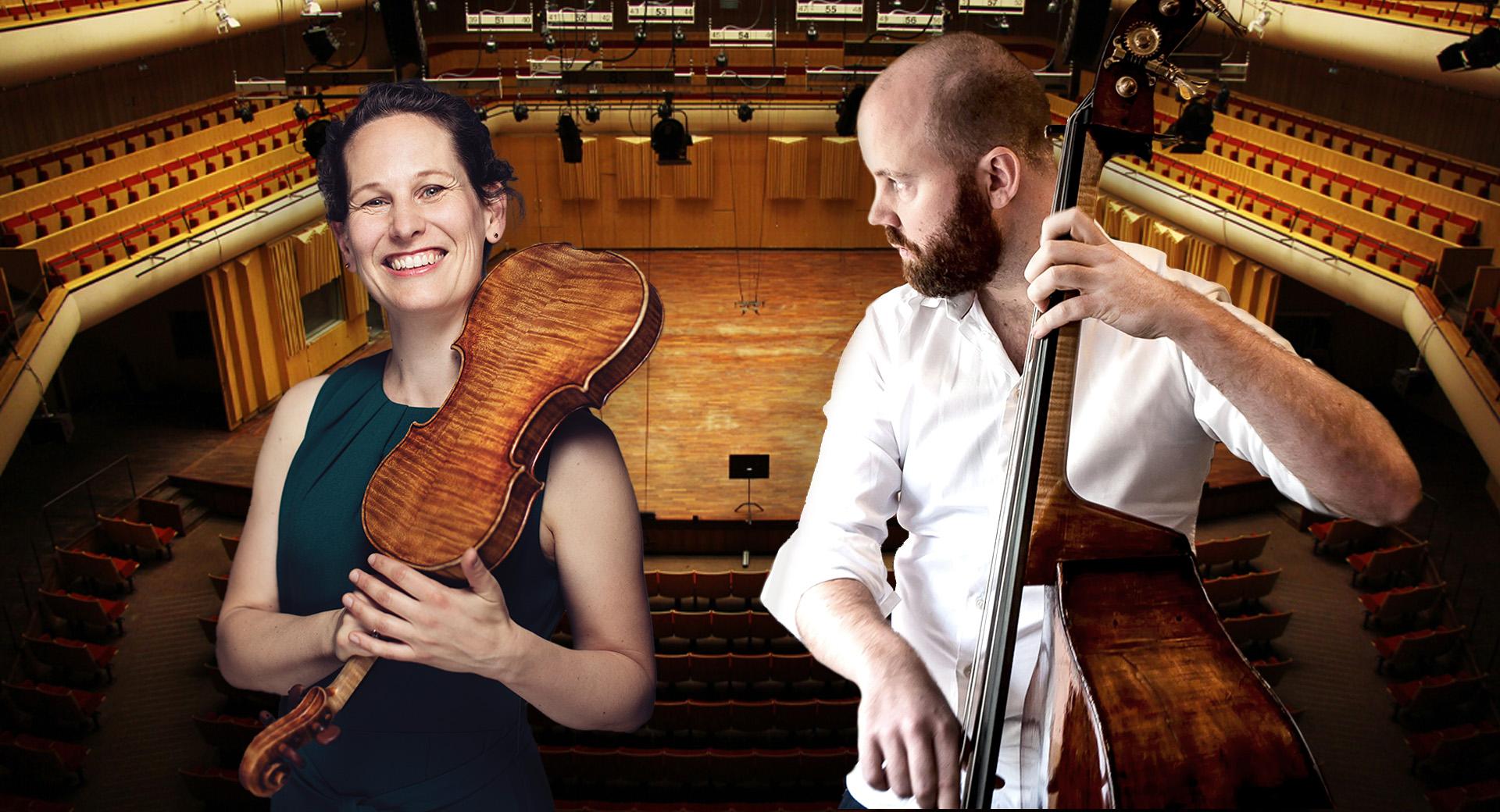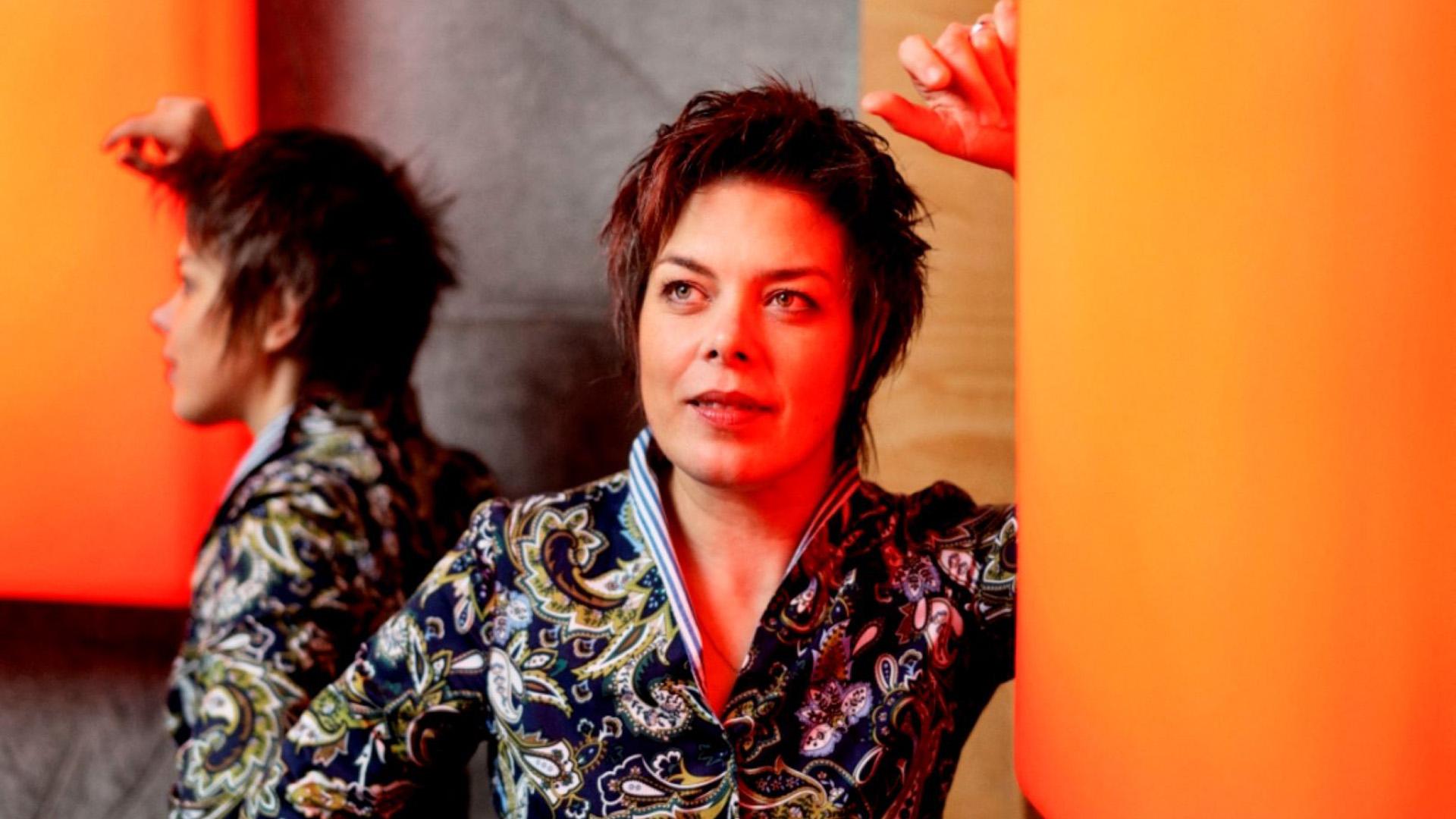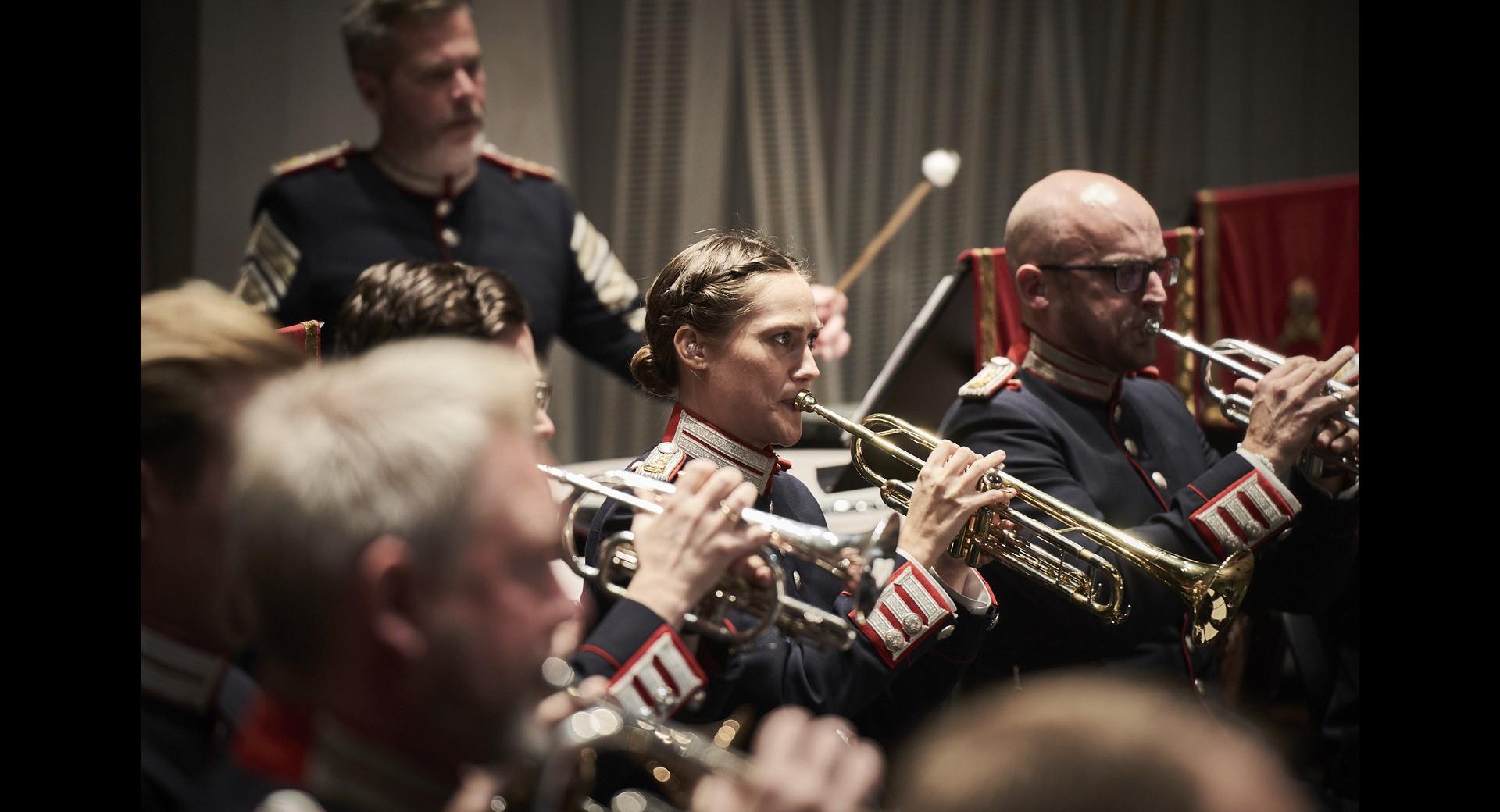The Rhinegold According to Salonen
The second day of the Baltic Sea Festival revolves around the value of water – in The Rhinegold according to Salonen, master conductor Esa-Pekka Salonen and the Finnish National Opera perform Wagner’s The Rhinegold, in which the river gives life to all who live close to it. But at the bottom of the river rests the enchanted Rhinegold that, in the wrong hands, starts a disastrous chain of events that brings about the end of the world.
This production is part of one or more concert series.

Throughout the history of music, there are some composers who stand out more than others. Not because their work was superior to that of their peers, but because they were innovators and pioneers. And Wagner undoubtedly ranks among them. With Wagner, operatic art embarked on a new chapter. He is primarily known for the idea of the opera as an “an all-embracing art form” that would elevate and refine man. Consequently, innovations such as ensuring that the auditorium remained in darkness and that the doors were kept closed during the performance were obvious for Wagner. Anything to ensure that the audience would be totally captivated by the work.
His visions came to fruition with the inauguration of the festival in Bayreuth in 1876 in the new festival theatre. Here, Der Ring des Nibelunge was performed for the first time in its entirety; the largest opera project ever to be realized. Wagner derived inspiration for the opera from a number of sources, including Nordic mythology, Icelandic sagas and the epic medieval poem, Nibelungenlied. The idea of three performances over three days, with Das Rheingold as the prelude, is something Wagner based on the ancient Greek festivals in honour of the gods, which comprised an initial day followed by three days where tragedies and singing were performed.
In Das Rheingold, the foundations are laid for the conflict that permeates the entire opera cycle: the struggle for love and power. The Rhinemaidens watch over the gold at the bottom of the river Rhine. The greedy dwarf Alberich flirts with them but when they laugh at him, he renounces love and steals their gold. He has been told that whoever forges a ring of gold will have absolute power over the world. Now nature has been deprived of its gold, the balance of existence is disturbed, and the world is doomed to go under…
Even in the opera music itself, Wagner was a true innovator. Instead of arias and recitals, he wrote “the eternal melody”, a flow where lyrics and music are closely intertwined. He also used leitmotifs, musical motifs that are linked to situations, ideas, places or characters, and which contribute to elucidating the characters’ inner thoughts and feelings. But that pales in comparison when it comes to Wagner’s incredible ability to use music to portray the storyline. Here, the role of the orchestra is equal to that of the singers, and in terms of his refined skills in orchestration, Wagner had few superiors.
It is not the first time that Esa-Pekka Salonen has taken on Wagner at the Baltic Sea Festival. In 2012, he conducted an acclaimed performance of Tristan and Isolde. But the performance of Das Rheingold will be a first for this world-renowned conductor when it comes to Der Ring des Nibelunge. The performance is a collaboration with the Finnish National Opera in Helsinki, where Salonen will conduct the entire opera cycle during the period 2019-2021.
Text: Axel Lindhe



